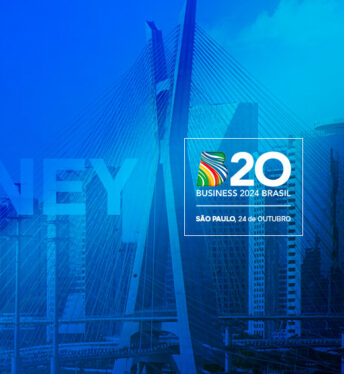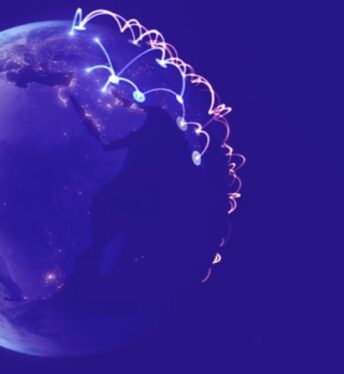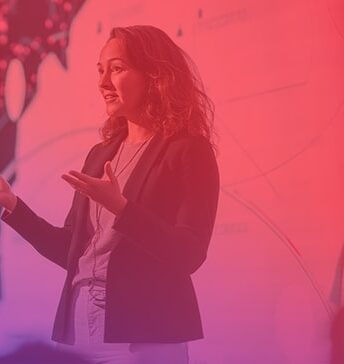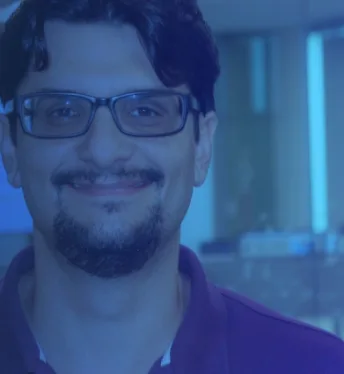Stefanini is ending the year with a global growth of 7.5%-reaching a revenue of R $2.8 billion (Brazillian Reais). The region that grew the most was Latin America, with an index of 30%, followed by Europe, Brazil, and the United States.
According to the founder and global CEO of Stefanini, Marco Stefanini, the Fourth Industrial Revolution is directly affecting traditional companies. “Companies like ours need to consolidate a new model based on the innovation ecosystem to continue standing out globally. The next two years will be decisive for the digital transformation of corporations. Stefanini is strongly investing in offers that will be able to help our clients in this transition,” says the CEO.
To achieve this aggressive growth goal in the next five years, Stefanini predicts new acquisitions in Brazil and other regions. “We continue monitoring opportunities that can complement our portfolio and, consequently, our innovation ecosystem,” says Marco Stefanini.
Currently, the company works with the dual model, which considers, on one side, more traditional solutions such as BPO, service desk and field service, and on another side, more modern automation tools, personalized marketing campaigns, Industry 4.0 and artificial intelligence.
One solution in the digital universe that has produced great results in Brazil and outside is the cognitive intelligence platform, Sophie. The tool, which is in its version 2.2, is composed of a set of software, systems and processes that help improve the performance of companies or systems that interact with the consumer or user, through text and voice.
The most recent project involving Sophie was just implemented through Caixa Econômica Federal, whose virtual assistant was named Aixa. More than 150 thousand employees and service providers will benefit and can open tickets, have consultations and hundreds of other transactions through Caixa’s self-service portal or Skype for Business. With Stefanini’s solution, the interactions follow flows of conversation that are simpler and more natural, searching for information in a dynamic way in Caixa’s systems, as well as facilitating the opening of service tickets (ITSM).
“With the high level of complexity and integration, we can consider this the biggest cognitive service project ever held in Brazil,” says Alexandre Winetzki, Stefanini’s P&D director.
According to the executive, no system in Brazil has reached such a high level of contextual understanding and assertiveness. The Sophie 2.2 platform has new features:
Sophie 2.2 features:
- Platform responds in 40 languages, with no need for additional configuration
- New integration backplane
- Dashboards, control systems and service maintenance
- Search in knowledgebases external to the platform, with ranking based on semantic search
- Improvement in cognitive nucleus with implementation of genetic algorithms and common knowledge networks (unique technical approaches)
Platform’s Potential
- Automation average of 31% of client processes that already implement the solution
- User satisfaction index, measured in real time, continuously above 85%
- More than 2,500 processes mapped
- Services in areas as distinct as banks, insurance companies, telecom, industry and health
- Sophie will process more than 1.2 million service tickets by the end of 2017, up from 80 thousand processed in 2016



















